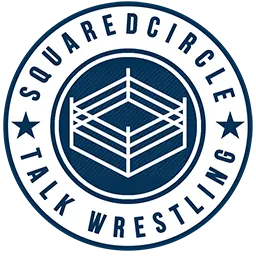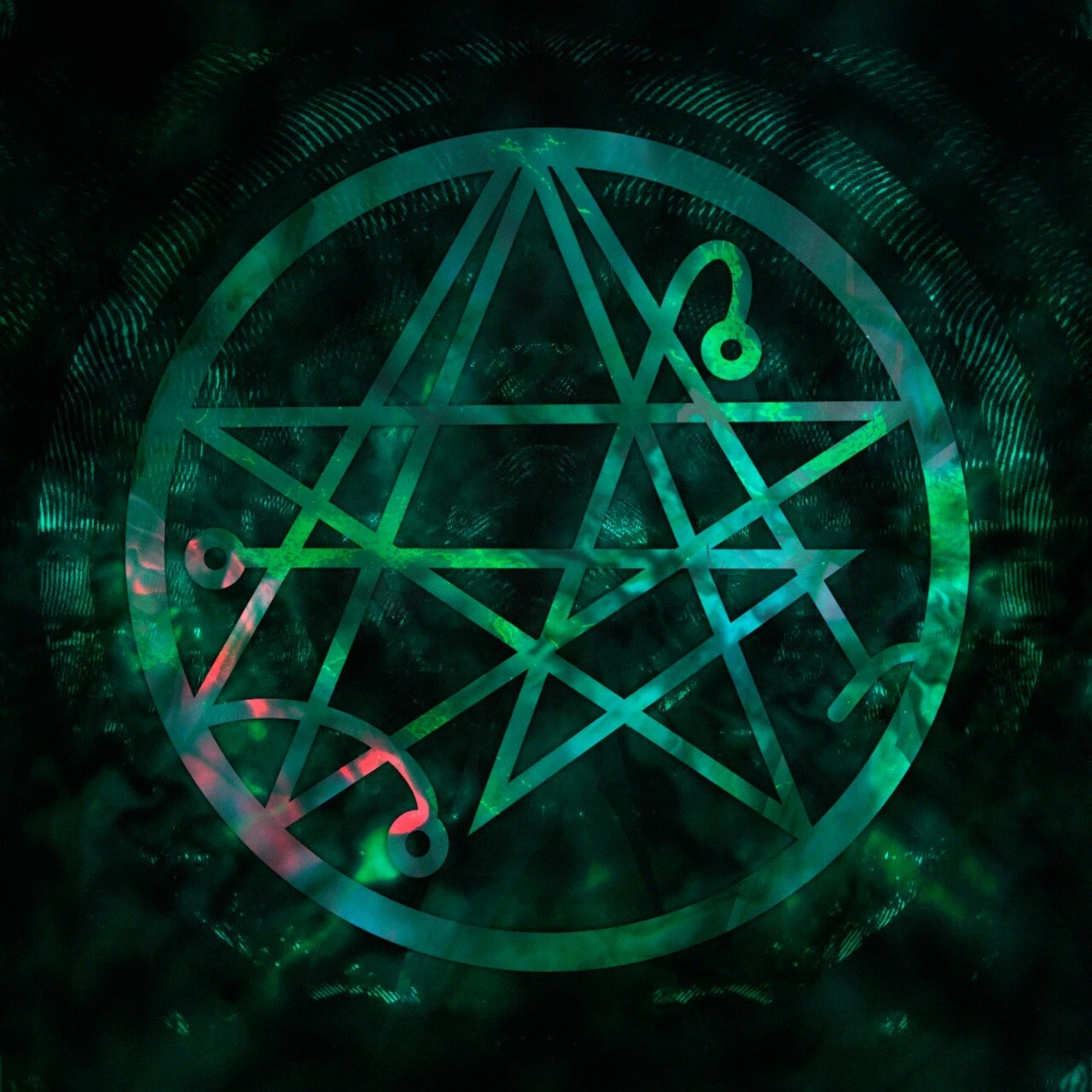PWInsider.com is extremely saddened to report the passing of Joe Koff, who was the The Chief Operating Officer of Ring of Honor when it was owned by The Sinclair Broadcast Group. Joe had been privately battling cancer for some time and made the decision in August that he was going to discontinue treatment in order to enhance the quality of time he had left with his family. Koff passed away early this morning.
Joe loved professional wrestling his entire life, attending WWWF events with his father in the original Madison Square Garden. He entered the television industry and in the 1980s, was the television distributor for Championship Wrestling from Florida’s Battle of the Belts specials. This led to Koff being invited to work full-time for the promotion, but he decided to remain in the television field.
Joe was a master salesman and worked as The General Sales Manager for a massive number of television stations (too many to mention), including WFLX-TV and WNUV. A New York native, he eventually landed in Baltimore and in 2003, began a career with Sinclair, where he held the post of Senior Vice President of Training and Development and was integral in training all of the company’s sales representatives. He was extremely respected and well liked within Sinclair, a respect that opened the doors for the company to eventually purchase Ring of Honor.
In September 2009, with Bryan Danielson and Nigel McGuinness looking to leave the promotion and moving on to WWE, which worked out for Danielson and for McGuinness, led to a different career path, then-ROH owner Cary Silkin planned to close the doors to the promotion. Having funded the company himself based on the revenue of his ticket broker company, the promotion was literally living or dying based on how hot Broadway tickets sold, and in 2009, DVD sales had plateaued, an HDNet TV deal had not resulted in any advances for the company and with the prospect of losing both top names at the same time, Silkin planned to let the Danielson vs. McGuinness farewell be the end of the promotion, intending to announce it after the fact and let the fans enjoy one final ROH night in NYC.
As it turned down, the week before the show, TNA terminated Jim Cornette, which led to a conversation between the two. Cornette pledged to help Silkin find an investor, a partner, something to help - and the promotion’s death sentence, never announced, was paused. Cornette went back forever with long-time promoter Gary Juster. Juster went back forever with Joe Koff and conversations began, only as it turned out, Sinclair wanted to buy the promotion outright, with the idea of using it as programming for Sinclair’s massive 294 stations in 89 markets.
In May 2011, ROH became a Sinclair Broadcast Group entity and if Joe Koff was in attendance, there was never a happier, more proud person in the building. Koff utilized all of his sales acumen and love of pro wrestling to take the promotion from its first television taping in Chicago Ridge, IL at the Frontier Fieldhouse in August 2011 to a sold-out Madison Square Garden for G1 Supercard in April 2019. Koff and ROH had accomplished the impossible that night, becoming the first and likely only non-WWE entity to run the World’s Most Famous Arena in decades. Koff felt that event was the highest mountain ROH could climb and it completed a major personal journey for Joe personally, promoting an event in the modern day equivalent of the venue where he first saw professional wrestling.
Koff never, ever got involved in the creative aspect of the company, leaving that to Hunter Johnston and others, but oversaw everything on the business side, which was run day to day by Greg Gillilend. Under Sinclair, ROH ran a regularly weekly series, and at one point aired nationally on Destination America, touring regularly and running all over the country. Joe was in so many ways, the guardian angel of the promotion within the Sinclair Broadcast Group machine and if we are going to be honest, that promotion was purchased as a gift for Joe out of respect for all he had done in Sinclair circles as much as it was designed to be an asset that made SBG money - although it did do that as well. In fact, one of the reasons ROH was acquired was that financial data showed that owning and producing the company TV was actually a better investment than licensing more syndicated content - think Seinfield or Everybody Loves Raymond for the stations
The COVID-19 pandemic changed the trajectory of many things in professional wrestling, Ring of Honor among them. After a growth period of 2017 through 2019, the plan was to go live with a weekly studio show. It was not to be, thanks to COVID. Instead, ROH was the first major promotion to pause at the onset of the pandemics, shutting down a planned PPV and TV taping in Las Vegas as the reality of what the world was about to endure became plain to see in Koff’s mind. Instead, ROH shut down and everyone was paid - even independent photographers who weren’t under contract were paid for their missed dates. When ROH began taping TV again, they put the safety of everyone ahead of finances during that period, no matter how costly it was on the books. ROH performers went through the strictest of protocols to be able to tape matches in empty venues for Sinclair Broadcast Group TV. It was an extremely costly exercise but Koff was always proud of the way he and Ring of Honor approached it, feeling it was the safest and most respectful way to handle it as everything regarding COVID and how it should be handled evolved in real time.
As Sinclair, like the rest of the world, tried to navigate the situation financially, other deals they had locked themselves into for regional sports networks began to drag the company downward, as did the loss of advertising revenue and other revenue streams lost in the vortex of COVID. Like companies do when troubled, they jettisoned assets and the decision was made that ROH was to be restructured or sold. There was likely no one more heart-broken than Koff on the day he had to tell his roster, all of whom who had a regular, contracted job, that it was going to end.
The plan had been to continue forward putting events together but only keeping a small group of regulars - and then the decision was made that ROH was to be sold. There were conversations with several bidders and one day, Tony Khan, the owner of AEW, was given a price if he wanted it, and Khan quickly made the purchase, keeping the promotion and its legacy, which began in February 2002, continuing on - as it still does, heading towards the 2024 iteration of Final Battle later this year. That’s a legacy that may have quietly disappeared in 2009 were it not for Cary Silkin, Jim Cornette, Gary Juster and Joe Koff.
When ROH moved on from his guardianship, Koff never looked back and let it go, feeling that as a salesperson, that’s what you do with assets that move on, but he never stopped caring or loving professional wrestling. He still watched many of the major shows regularly and he kept tabs on many of the talents that worked for him, extremely proud of what ROH had done for their careers - and make no doubt about it, had ROH not existed under SBG, there are Wrestlemania and All In main eventers who may not have had the same career path that they have enjoyed. ROH was very much part of their journey and DNA, and even if there were frustrations at times over how they were used or how the promotion was ran (normal with every company and many talents), without Joe Koff initiating that purchase, their careers and lives may have been very, very different.
I spent a lot of time talking with and interviewing Joe over the years and he was a master spokesperson and cheerleader for Ring of Honor, and I mean that in the most complimentary way. He loved professional wrestling with all his heart and did all he could to help it over his life and career - and I do hope that when he is remembered, he is remembered as someone who deserves to be celebrating for what he did to help propel a lot of careers forward. He deserves to be recognized in any and every pro wrestling Hall of Fame there is.
Joe had confided in me about his illness some time ago, off record, and the one constant in those conversations was that he did not want anyone to feel sad or sorry for him. He felt that he had a great life, personally and professionally, and accomplished far more than he ever could have hoped - in pro wrestling and beyond. I rarely like to speak in absolutes, but I know that every single person who knew he was ill was hoping for a miracle and when he had great days in his fight, it was a great day for everyone who knew what he was going through. He faced his illness with a dignity that is impossible to describe and when we last spoke at length, he was very much at peace.
On a personal note, I will greatly miss Joe’s friendship and his counsel, if I am going to be completely honest, as well as our discussions about the two different era of New York he and I each grew up in. He was a great, honest sounding board for not just me, but countless others, inside professional wrestling, Sinclair and beyond.
On behalf of PWInsider.com, we express our deepest condolences to Joe’s family, his friends and all the fans that Joe was blessed enough to touch thanks to his time overseeing Ring of Honor. He was a truly good man.
Obligatory: “Fuck cancer.”


